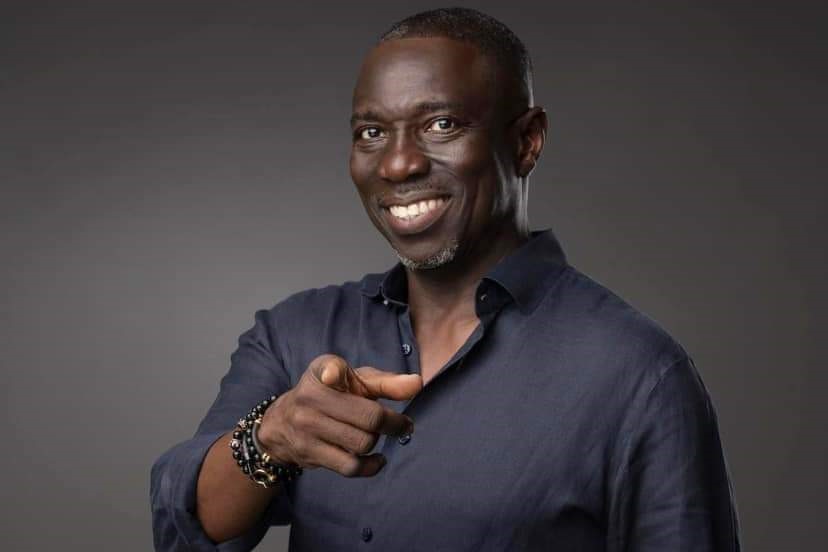
In a significant boost to his campaign, Dr. Asue Ighodalo, a top contender for the governorship of Edo State, has received the endorsement of Andrew Alli, a former Chief Executive Officer of Africa Finance Corporation (AFC) and son of the late Prof. Ambrose Alli, who is widely regarded as one of Edo State’s most impactful governors.
Andrew Alli, a seasoned finance professional with over three decades of experience in African infrastructure and energy projects, expressed his support for Ighodalo, citing their long-standing personal and professional relationship. “I’ve known Dr. Ighodalo for several decades as a person of integrity,” Alli remarked. “He cares about Edo State and wants to give back. There are other good candidates, but overall, Asue is the best, and that’s why I’m endorsing him today.”
This endorsement carries historical significance. In a twist of fate, Dr. Ighodalo’s father Jeremiah Ighodalo stepped down for Prof. Ambrose Alli during the UPN governorship primaries 45 years ago, paving the way for the elder Alli’s remarkable tenure as governor. Now, the younger Alli’s support for Ighodalo adds a layer of serendipity to the ongoing race, underscoring the deep historical ties between the two families.
Andrew Alli’s endorsement comes just a day after internationally renowned musician Davido voiced his support for Dr. Ighodalo. The superstar, who has millions of fans worldwide, added celebrity clout to the growing list of high-profile endorsements for Ighodalo. Political figures such as former Vice President Atiku Abubakar have also thrown their weight behind the candidate, further strengthening his campaign.
Dr. Ighodalo’s momentum continues to build, with recent polls by **BusinessDay** and the **African Polling Institute** placing him ahead of his competitors in the lead-up to the Edo State gubernatorial election on September 21, 2024. Analysts believe that with endorsements from public figures across entertainment, business, and politics, his chances of clinching the governorship are becoming increasingly favorable; and opine that it it highly unlikely that any other candidate will be able to close the widening gap between Ashe Ighodalo and the rest of the field.
Andrew Alli’s endorsement is expected to carry substantial weight. As the former head of Africa Finance Corporation, Alli oversaw $4.5 billion in investments across the continent, financing critical infrastructure projects. His expertise in finance, coupled with his commitment to Edo State’s development, makes his support a major vote of confidence in Ighodalo’s leadership abilities.



